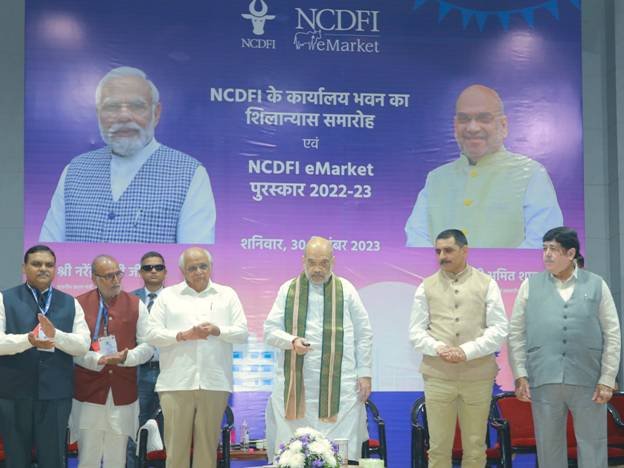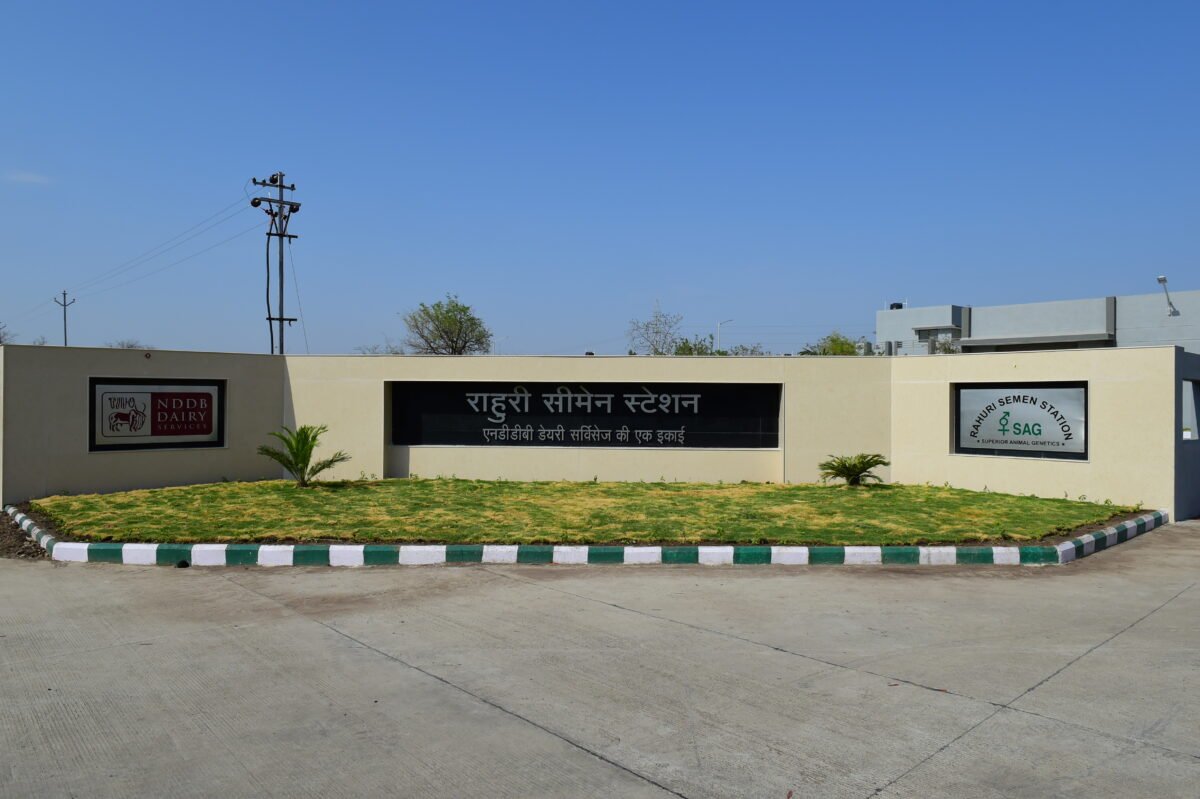Govt unveils 10,000 newly established M-PACS, along with Dairy and Fisheries Cooperative Societies, in Delhi
The govt intends to empower rural India by modernizing agricultural support systems and increasing financial inclusion, with a target of 2 lakh cooperatives. Additionally, the program will open up new doors for women, kids, and farmers nationwide
10,000 Multipurpose Primary Agricultural Credit Societies (MPACS) and Dairy and Fisheries Cooperative Societies were inaugurated in New Delhi by Union Home Minister and Cooperation Minister Amit Shah. Prominent dignitaries attended the occasion, including the Secretary of the Ministry of Cooperation, Union Ministers of State for Cooperation Krishan Pal and Murlidhar Mohol, and Union Minister for Fisheries, Animal Husbandry, and Dairy Rajiv Ranjan Singh.
Amit Shah congratulated Pandit Madan Mohan Malviya and former Prime Minister Atal Bihari Vajpayee on their birth anniversaries during his introductory comments. He described Malviya as a cornerstone of the Indian freedom struggle, dedicated to the country’s independence, traditions, and values. Shah highlighted Vajpayee’s visionary leadership, which significantly impacted the evolution of contemporary India. Among Vajpayee’s achievements were the creation of a ministry for tribal affairs, the advancement of India’s nuclear arsenal, and ground-breaking infrastructure projects like the Golden Quadrilateral highways and the Pradhan Mantri Gram Sadak Yojana. Shah also commemorated the anniversary of C. Rajagopalachari’s death in recognition of his role as a freedom fighter and his significant input into the drafting of India’s Constitution.
Atal Bihari Vajpayee’s centennial was celebrated with the opening of 10,000 new MPACS. Shah underlined that this significant occasion pays tribute to Vajpayee’s legacy, especially his contribution to the passage of the 97th Amendment to the Constitution, which fortified the cooperative sector. Additionally, he disclosed that these PACS were registered in a record 86 days following the creation of a standard operating procedure.
Shah emphasized the government’s goal of establishing cooperatives in every Panchayat and thanked Prime Minister Narendra Modi for implementing the guiding idea of “Sahkar Se Samriddhi” (Prosperity via Cooperation). The initiative’s goal is to reinforce the three-tier cooperative system, which forms the basis for rural development, by creating 2 lakh new PACS.
Shah stated that the registration of these PACS was made possible in large part by NABARD, NDDB, and NFDB. Additionally, he emphasized how computerization has modernized PACS and allowed them to be integrated with 32 crucial tasks, including as water management, fertilizer delivery, and storage. They are now more relevant and functional in rural regions because to this technical advancement. A comprehensive training curriculum has been established to facilitate this shift by giving PACS workers and members the necessary skills. Shah encouraged district cooperative registrars to make sure the training program is implemented effectively so that cooperative societies may become more capable.
The govt intends to empower rural India














